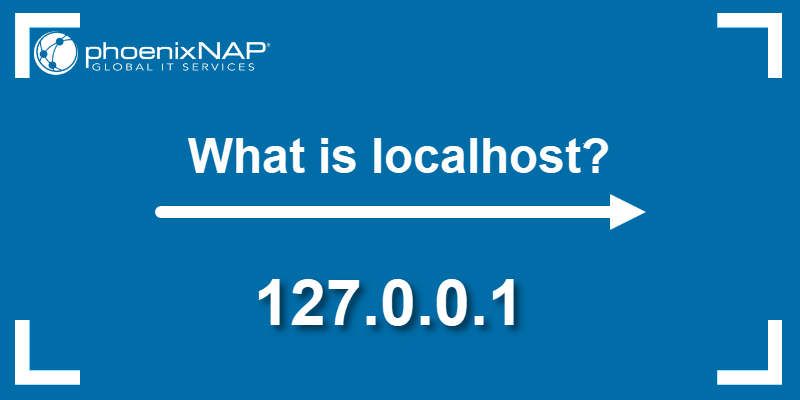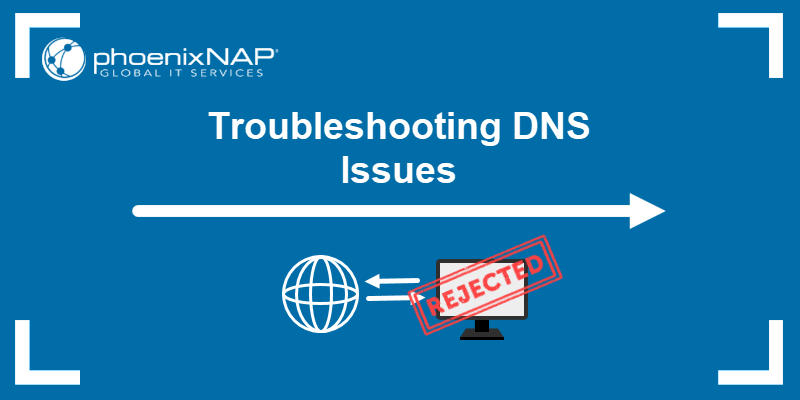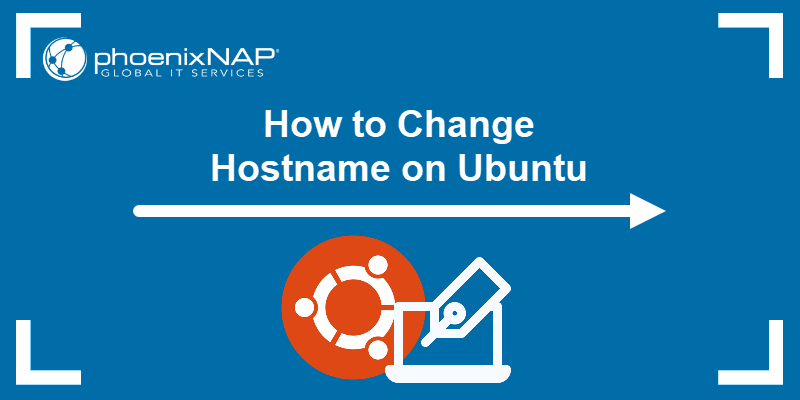Introduction
Localhost is often considered synonymous with the IP address 127.0.0.1. Although they are functionally the same, there are substantial differences between localhost and 127.0.0.1.
Read on to learn the similarities and differences between these commonly used terms.
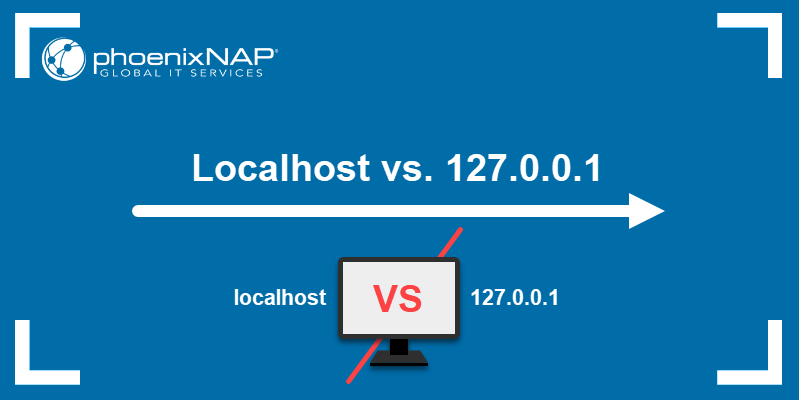
What's the Difference Between localhost and 127.0.0.1?
Localhost is an alias used to refer to IP addresses reserved for loopback. While IPv4 uses the last block of class A addresses (from 127.0.0.1 to 127.255.255), IPv6 reserves the first (0:0:0:0:0:0:0:1 - or : :1, in short) as its loopback address.
Note: Read our article and find out the differences between IPv4 and IPv6.
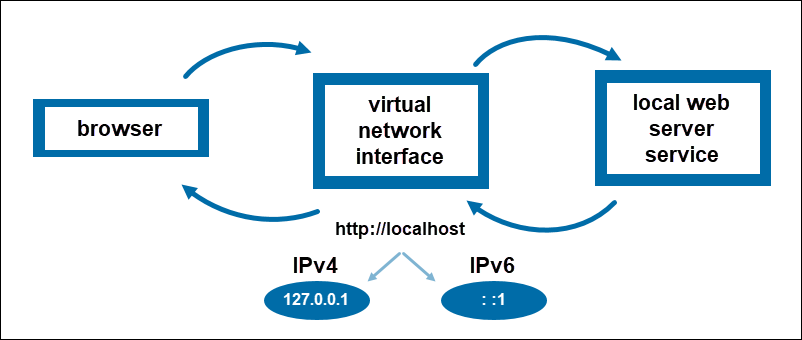
Localhost does not refer exclusively to 127.0.0.1 but to a whole range of IP addresses reserved for loopback. It is also important to note you cannot always use 127.0.0.1 for loopback. IPv6 only systems do not respond to such requests since their localhost is linked to the address : :1.
The addresses mentioned above are default values used on a majority of systems. However, configuring the host file can easily link localhost with a different IP address, as this file contains the mappings of IP addresses to hostnames.

The image above shows the default settings. However, you can edit the host file and map localhost to a different IP address. Still, it is not recommended as it may crash local applications that rely on the localhost connection and break system functionality.
Hence, the address for localhost has to be looked up or resolved, whereas using 127.0.0.1 goes directly to that IP address.
Another significant difference between localhost and 127.0.0.1 is how the request is sent. The request does not go through the network card when pinging the loopback address with the localhost. On the other hand, running 127.0.0.1 does pass through the network card, which may be affected by firewall settings and configurations.
Conclusion
In this article, you learned that localhost and 127.0.0.1 are often interchangeable and give the same result, but we cannot say they are entirely synonymous.
To learn more about localhost and how loopback works, check out What Is 127.0.0.1 Localhost.
